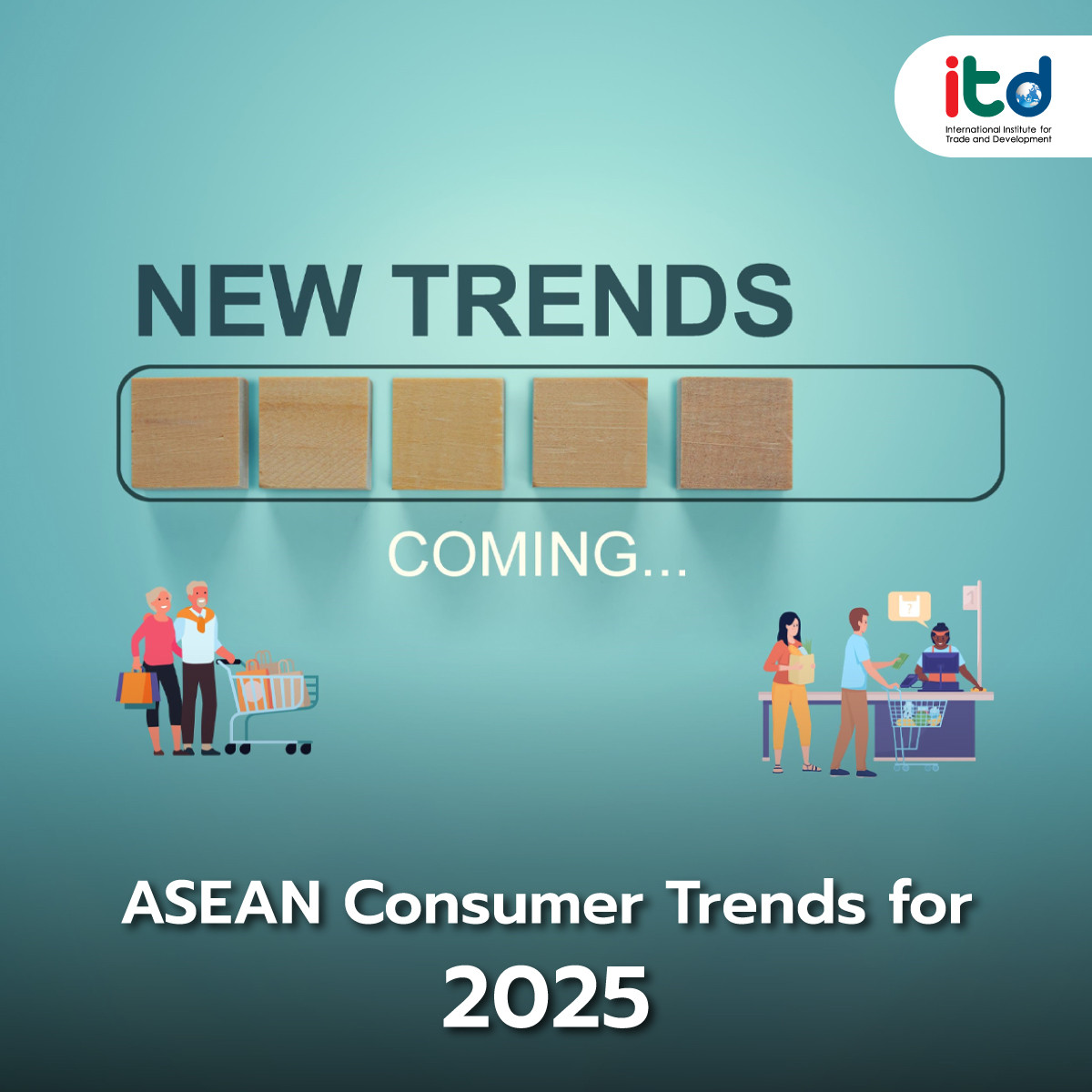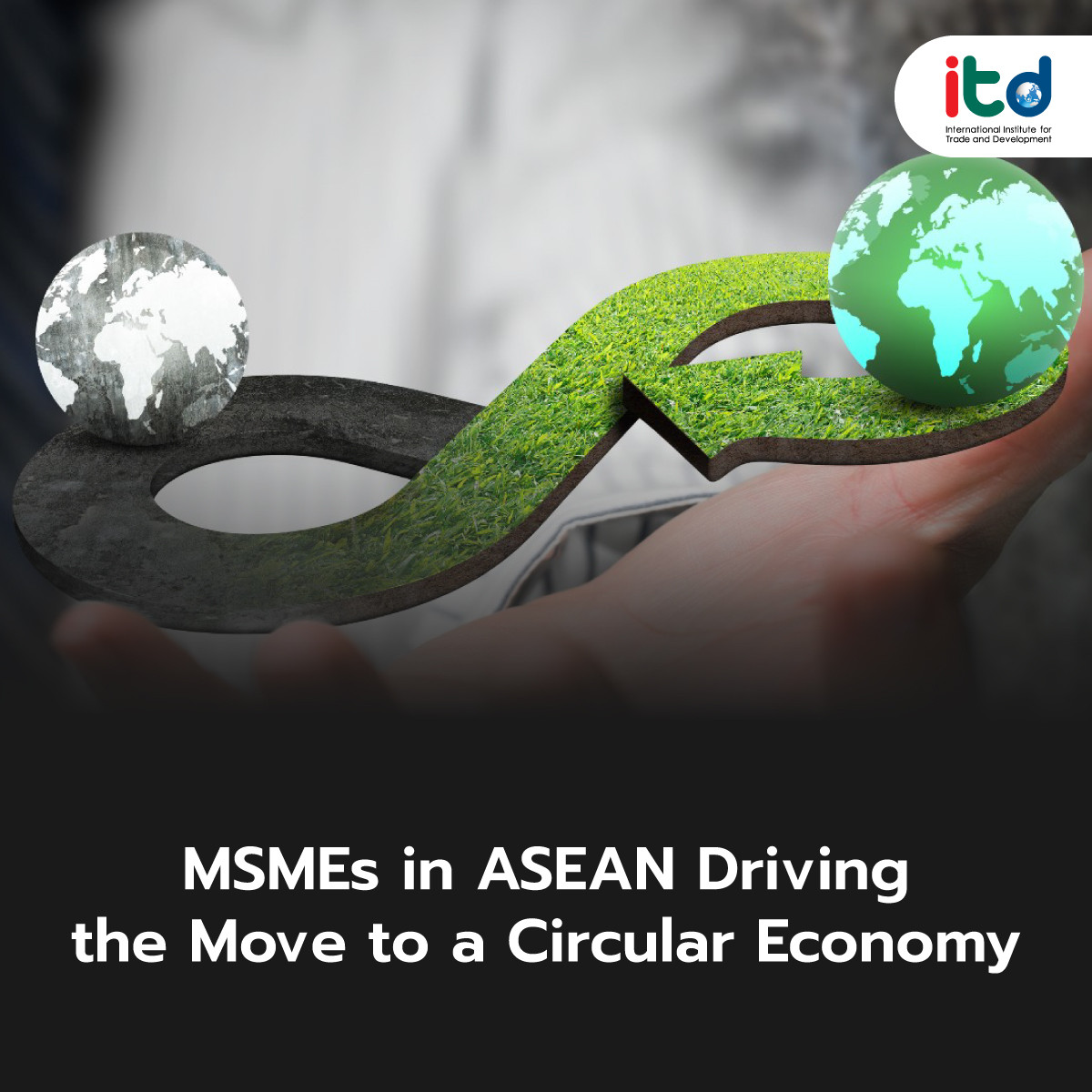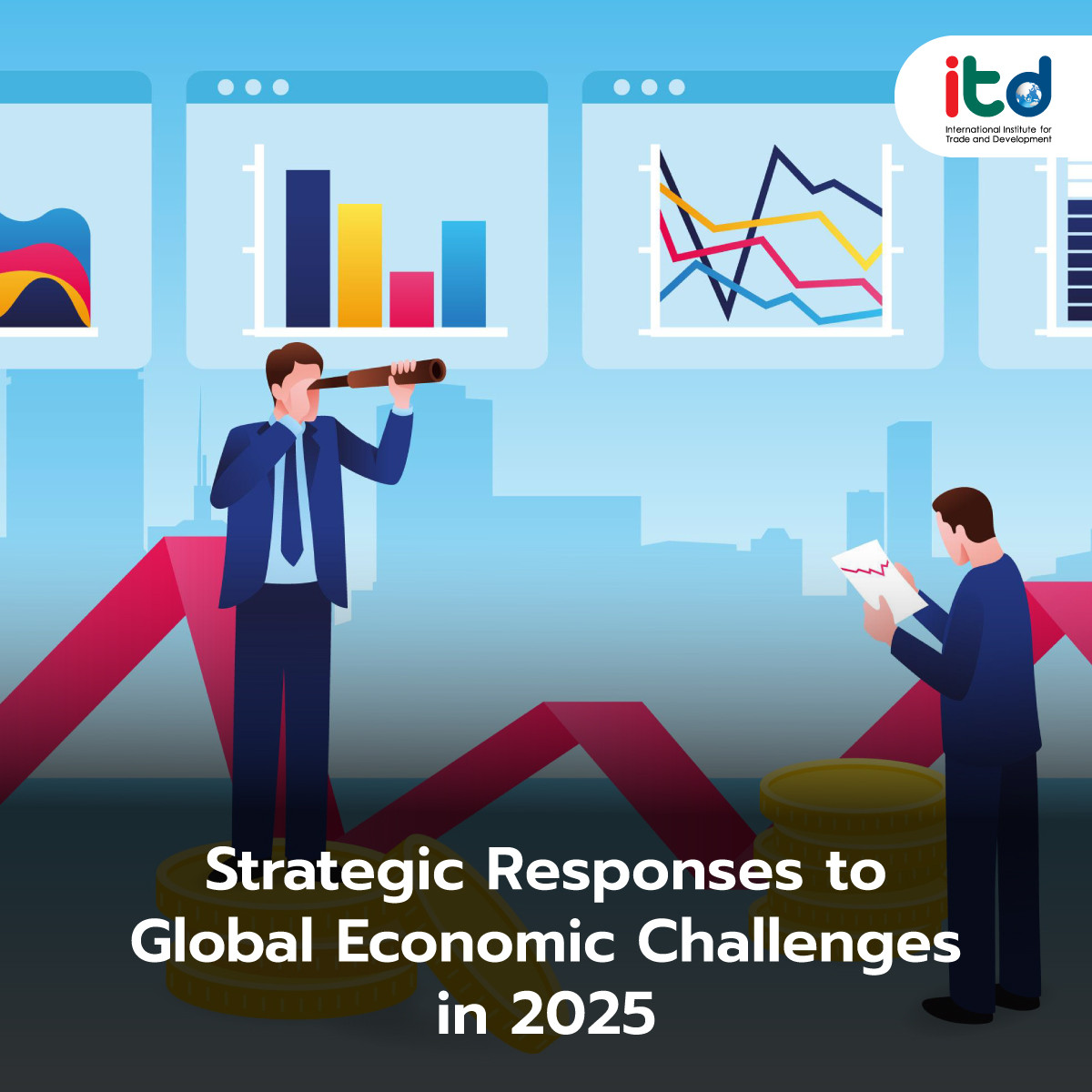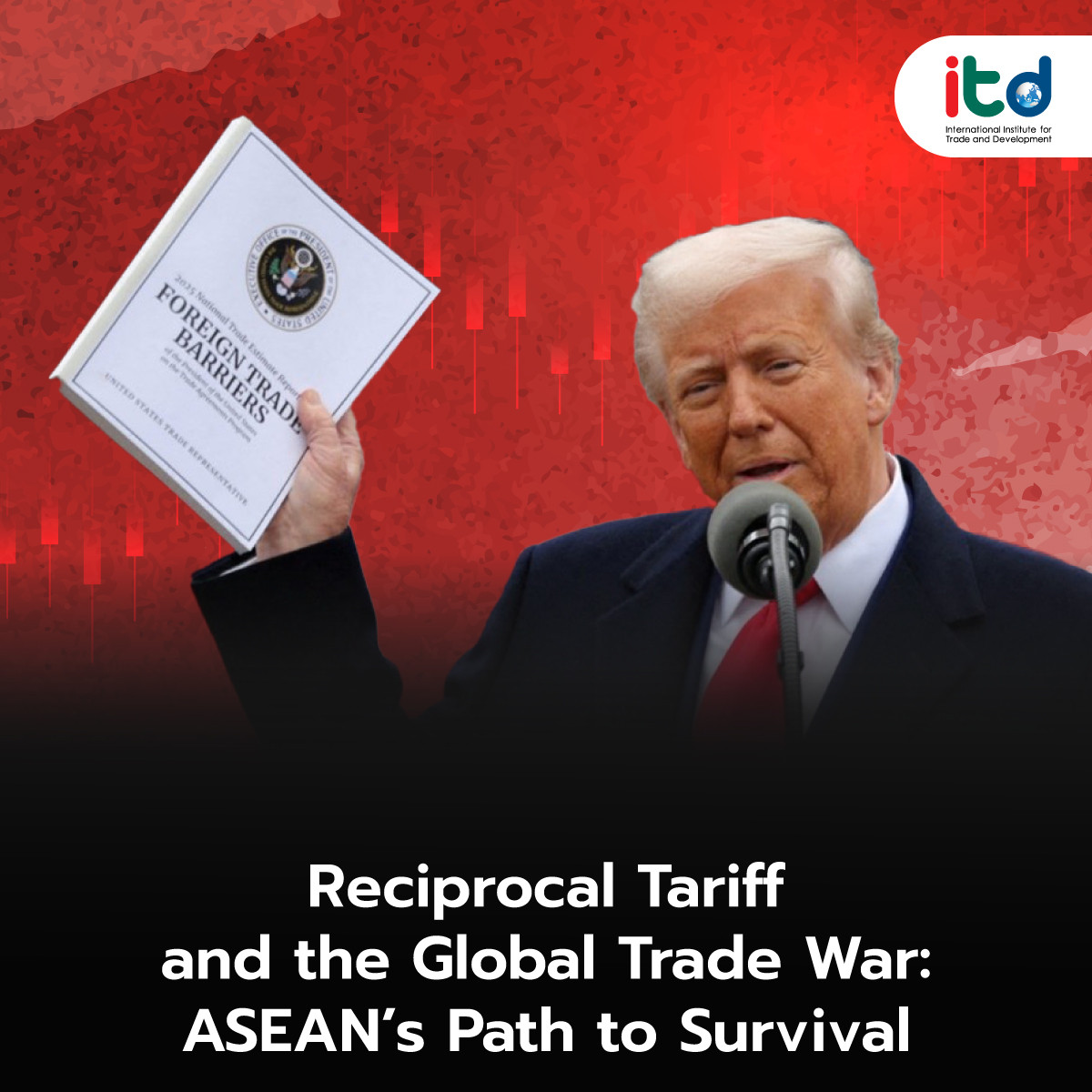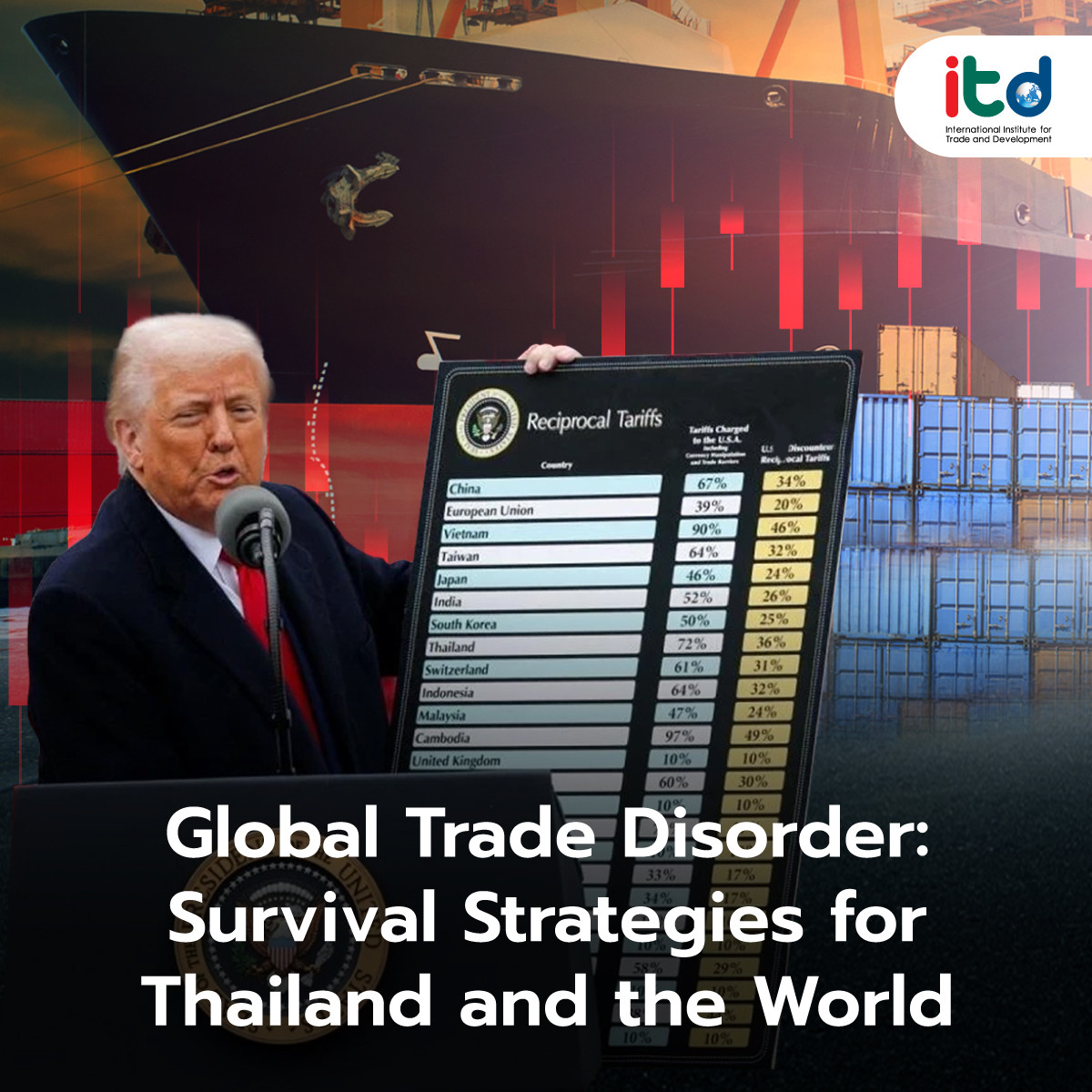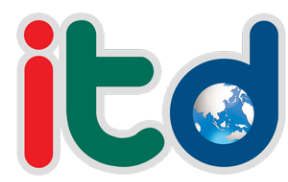About Documents
The world is changing rapidly, and understanding consumer trends is a vital tool that enables businesses to anticipate customer needs and respond to them accurately. These trends not only reflect changes in consumer behavior and lifestyles but also serve as a crucial source of information and a key factor for future business development.
The ASEAN region is one of the emerging economies in Asia with high dynamism. Consumer trends in 2025 will provide opportunities for businesses in ASEAN to adjust their strategies and create innovations to meet diverse and constantly evolving demands, including responding to the higher expectations of both domestic and international consumers.
According to a report by Euromonitor (2024), several interconnected factors influence consumer decisions and shape the future of consumption. Economic conditions, such as rising living costs, demographic changes like the aging population affecting the demand for health-related products, and shifts in household structures, with an increasing trend of single-person households, are all significant. Technological advancements such as AI, IoT, and blockchain are transforming consumption patterns. Furthermore, changes in consumer values show that modern consumers are increasingly conscious, choosing eco-friendly products or supporting socially responsible brands.
Globally, six major consumer trends are anticipated in 2025 that businesses should focus on:
Healthspan Plans: Consumers are prioritizing long-term health through preventive care and personalized treatments. This trend is driven by population aging and technological advancements, particularly among Generation Z and Millennials, who use technology to monitor health and establish healthy habits.
Wiser Wallets: Consumers emphasize value for money, considering both current needs and future necessities. Strategic purchasing behaviors are rising, and businesses should respond with clear benefits and tangible incentives to remain appealing to their target audiences.
Eco Logical: While consumers continue to support eco-friendly products, they prioritize value and core benefits over sustainability features. Developing products that meet consumer needs and integrate sustainability at accessible prices will encourage greater adoption of sustainable choices.
Filtered Focus: Consumers are overwhelmed by information, making accessibility and simplicity key concerns. Clear labels, easy shopping experiences, and convenient services are in demand. Brand trust remains critical, with 54% of consumers in 2024 choosing to purchase only from trusted brands.
AI Ambivalent: While consumers recognize the limitations of AI, such as generating inaccurate information, they also acknowledge its benefits. Approximately 43% view AI as a reliable source of information. Businesses must use AI transparently and ethically to build trust. However, consumers still prefer human care over AI for complex issues, with only 19% comfortable using bots for complicated problems.
In the ASEAN region, these trends are crucial for business development, especially in rapidly growing economies like Thailand, Vietnam, and Indonesia. Businesses that can adapt and respond effectively to these changes have significant opportunities for growth. To ensure successful adaptation, ASEAN businesses must address these trends strategically and efficiently.
uthor:
Ms. Natjaree Petruang
Senior Researcher
International Institute for Trade and Development (Public Organization)
www.itd.or.th
Publication: Bangkok BIZ Newspaper
Section: First Section/World Beat
Volume: 37 Issue: 12776
Date: Wednesday, Nov. 20, 2024
Page: 8 (left)
Column: “Asean Insight”
